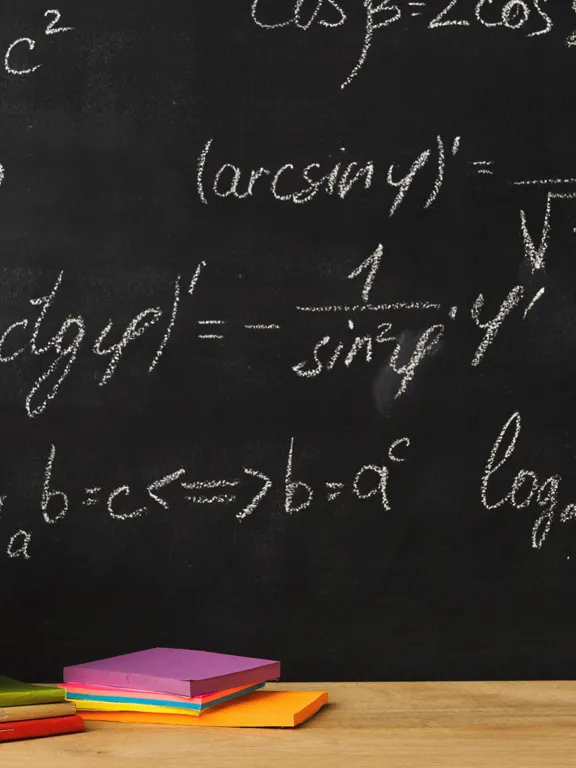Number of units
12
Number of lessons
144
Duration
2 years
Level
Standard

Mathematics
The only IB-approved online course provider
Number of units
12
Number of lessons
144
Duration
2 years
Level
Standard
IB Mathematics: Applications and Interpretation SL is designed for students who want to develop a strong understanding of mathematics with an emphasis on its practical application. The course focuses on using mathematics to solve real-world problems, from interpreting data and modelling to applying statistical techniques.
This pathway is especially suited to students who may have found more abstract mathematics challenging but who enjoy exploring how mathematics can be applied to everyday situations. It provides an excellent foundation for further study in subjects such as biology, psychology, human sciences and business.
Alongside subject knowledge, students develop transferable skills in problem-solving, logical reasoning and data analysis, attributes central to the IB Learner Profile and valuable for university and future careers.
Studied online with Pamoja, Applications and Interpretation SL offers academic rigour with flexibility, enabling students to learn with experienced IB teachers and collaborate with peers worldwide.
In order to succeed, it is recommended students set aside five to six hours a week. A Graphical Display calculator is required for this course. Pamoja recommends the following two calculators:
*Please note, that all courses offered are subject to receiving a minimum enrolment number. Your Pamoja point of contact will be in touch as we approach the start date if we are unable to take a course forward.
The five areas below are covered during the IB Mathematics Applications and Interpretation SL course. There is a core set of topics for each area. In addition some of these core topics are considered in more depth and there are also a series of extra topics. In addition to this the course contains investigative and inquiry-based learning, supporting the students in their internally assessed exploration task. There is some content that is common with Mathematics SL Analysis and Approaches course but the Mathematics Applications and Interpretation SL has a stronger emphasis on modelling and on using probability and statistics in practical scenarios.
The course covers the following topics:
This course is dependent on student etextbooks provided by Haese Mathematics and hosted on the Haese Mathematics Snowflake platform. Please ensure you check the Haese Mathematics Snowflake Learning guidance to ensure your systems are able to access this service. This service is provided as part of the Pamoja course fee.
Taking IB Mathematics Applications and Interpretation SL online will enable students to:
Explore and access key resources for the IB Mathematics Applications and Interpretation SL course.

Some things won’t be different though. Standards and expectations will be just as high as in a face to face classroom.

Teacher and students have regular weekly opportunities to assess progress and attainment. Some activities assess student achievement against formal criteria, such as such as worksheets, problem sets or quizzes. Learning is also supported with discussion forums, email, and regular live lessons in the online classroom.
Testimonials






















Pamoja Online Courses are designed to fit seamlessly into your school’s current curriculum, meaning students can study them flexibly alongside their in-person subjects. Speak to our team today to find out how we can support your school to open up new opportunities for success with IB Mathematics Applications and Interpretation SL.
Contact us
